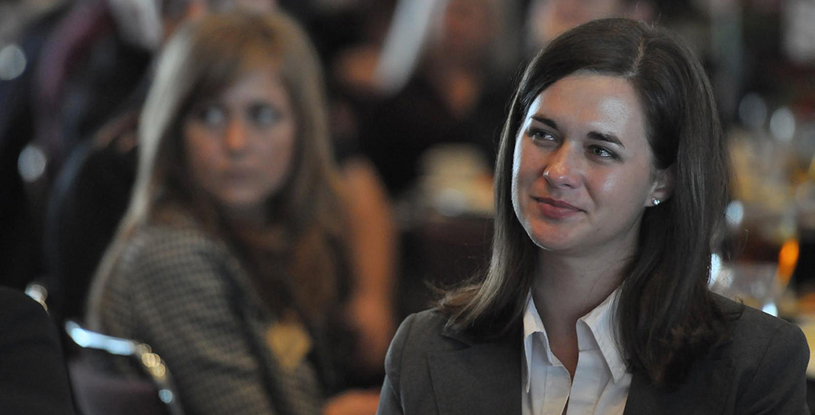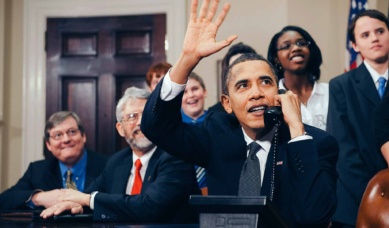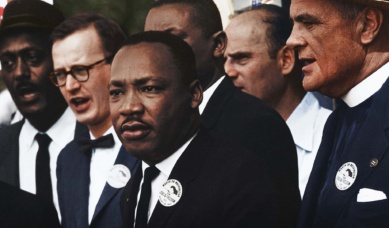- Body Language, Keynote, Presentation Training, Public Speaking, Sell Yourself, Speechwriting
Great Speakers’ Secrets

To give a presentation in front of a live audience that people are going to remember, you will need to know these eight secrets. Here is how to be a great speaker.
TIGHT THEME – Hit your audience with a headline – This is a clear, concise theme that should run through your talk. It should be short enough to be memorable…. AND tweetable – so less than 140 characters – here is an example: Do You Know Your Why?
STUNNING STORIES – If you can describe the customer’s emotions or how the user feels – it’s more like a story – and it’s much more engaging for your audience. In a social setup, think about the person telling a story. They have the attention of people around them and the crowd is listening. Humans have been telling stories for thousands of years because it works! If you can’t tell a story, at least limit your information to 3 things – tops! That’s all that anybody is likely to remember. Great speakers know how to tell a story that keeps you gripped until the end.
SIMPLE STATS – When you have big numbers, simplify them so that people can understand them better. 2 million trees are cut down every year, which is a big number. Put simply “That’s nearly 5,500 trees every day! – which is an incredible amount”.
INCREDIBLE IMAGES – Used big, bold, clear, and simple images. Consider never using more than 2 images on a presentation slide. High-quality images make a good impression. Always check your images displayed on a projector screen and not on your computer screen.
LIMIT TEXT – Reduce and edit your text to only the essential words that clearly communicate your message. Nobody wants to see lines and lines of boring text. It looks so much more powerful and allows the audience to hear what you are saying when they only see limited text on the screen. The mistake most speakers make is that they use PowerPoint as their notes. Only use keywords on slides.
SMILE – Great speakers have fun and they smile frequently during their presentations. When you send out a smile it comes back to you. If you physically engage with your audience, you will also engage them mentally. If you look like you’re having fun, your audience probably will too. Smiling shows enthusiasm and when connected with exaggerated body language, your audience will be drawn into your enthusiasm. To top it off with impacting language for example – fantastic, amazing, incredible, extraordinary. When you are excited, it’s difficult for your audience to resist.
MAGIC MOMENT – In your presentation, you should have one magic moment that you build up to that stands out – it’s your climax. This is when you tell them the very best thing about your presentation. Build up to the moment and try not to rush it. A truly magical moment is difficult to forget.
TRANSITIONS – Even if you can present like one of the greats, in a long presentation, your listeners might lose focus for a minute here or there. So, it’s incredibly important to have informative transitions that tell your audience what you are going to talk about. And then just after, summarise the important information that you want them to remember, for example… “Now we are going to look at some of the amazing features of ….” After each main point, try to summarise… So that’s the features. Make sure before you continue and move on, not to lose your audience. Great speakers know how to connect their points.
Other related articles.
How to captivate your audience
5 Key Business Lessons From Hit Show ‘Bluey’
How to Close More Sales With Social Selling
Leadership Lessons from Obama’s Pivotal Moment
How to Build Buyer Trust – Part 2
Unlocking Sales Success: Harnessing AI to Close More Deals
5 Tips for your next sales discovery calls
5 Cognitive Biases Every Salesperson Should Master
What Made Martin Luther King Jr’s Famous Speech so Powerful?
How to Use Your Hands Effectively When Giving a Speech
Explorer Mike Horn’s Key for Productivity
Trevor Ambrose is an international training and coaching company located in the Gold Coast in Australia. We focus on sales and public speaking training.




























